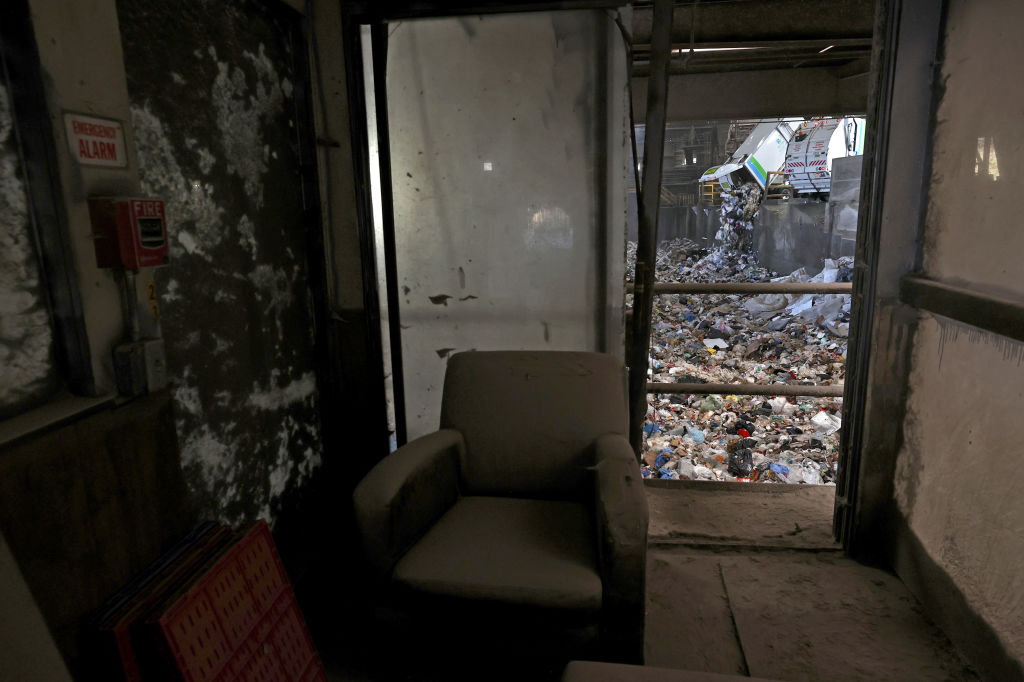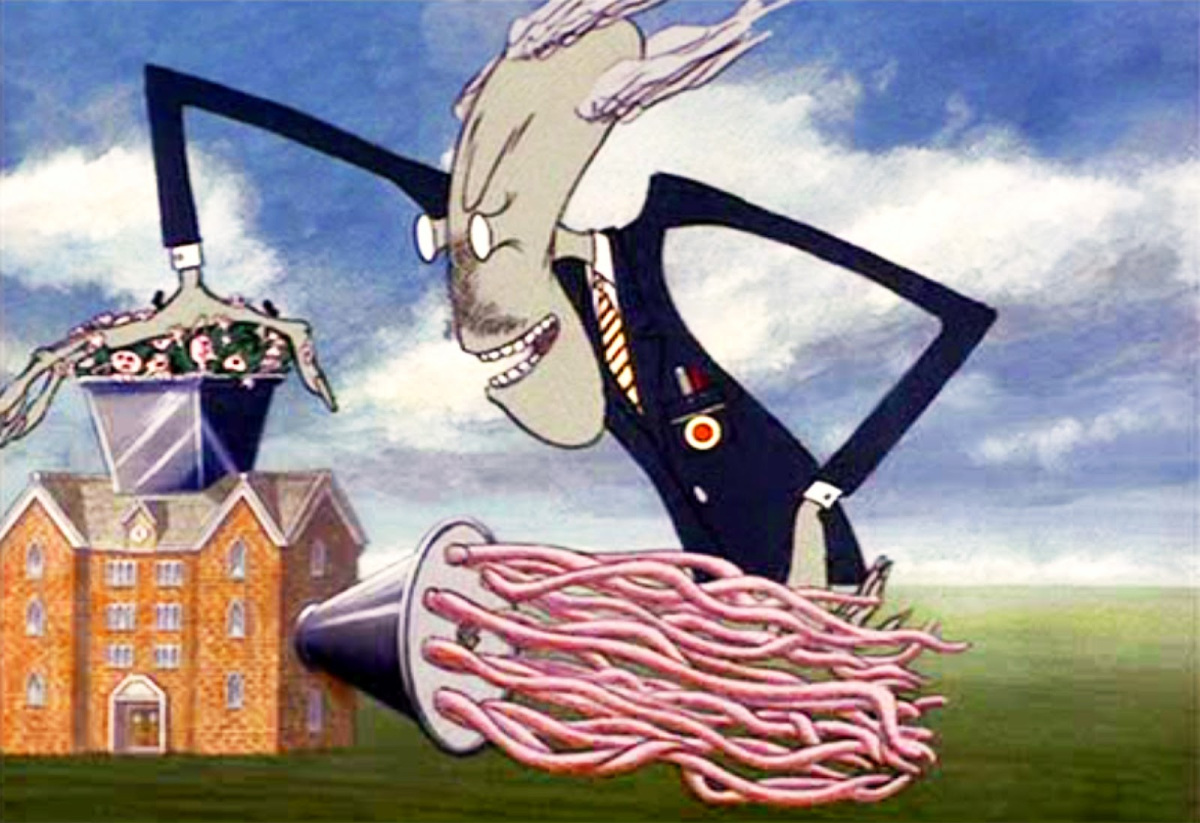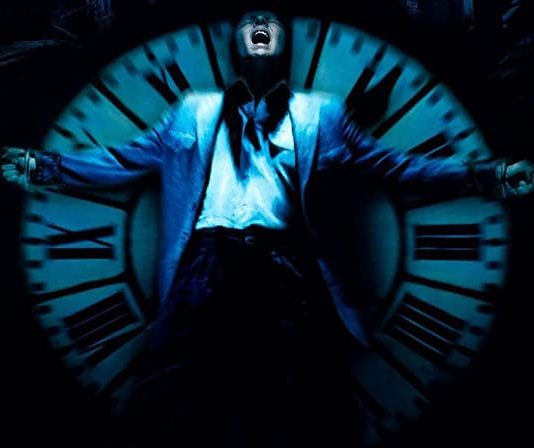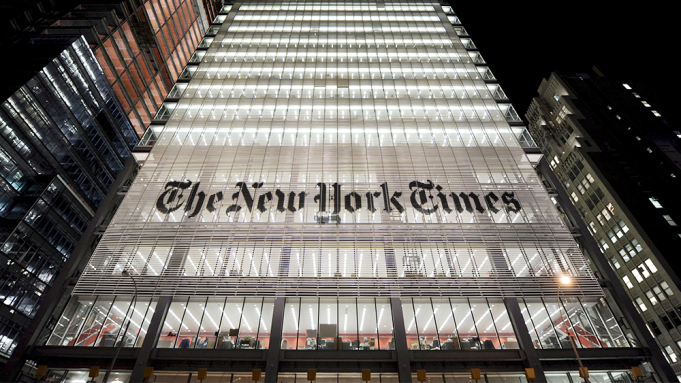Only through generative culture can we recover from sterilized liberalism.
Roundup: Why Liberalism Failed

Claremont Senior Fellow and Editor of the Claremont Review of Books, Charles R. Kesler, Jonah Goldberg, and Patrick Deneen discussed “Is Liberalism Failing?” at an event moderated by Vincent Philip Muñoz and hosted by the Constitutional Studies Department at the University of Notre Dame on October 11, 2018. Video is available here.
Last updated October 12, 2018
* * *
Claremontery:
Dennis Hale and Marc Landy reviewed Patrick Deneen’s new book, Why Liberalism Failed, in the Summer, 2018 issue of the Claremont Review of Books in an essay entitled “Blame the Fathers.”
At Minding the Campus, William Voegeli, Senior Editor of the Claremont Review of Books, reviewed Deneen’s Why Liberalism Failed in his article entitled: “A New Book Takes on 500 Years of Modern Liberalism.”
At the Claremont Review of Books, Robert R. Reilly argued that Deneen “cobbles together parts of two sentences and creates a new one that supports his own critique, creating a Madisonian strawman to indict the founding.” For an alternative account, Reilly recommended Thomas G. West’s The Political Theory of the American Founding, reviewed last year in the CRB by Vincent Munoz. On the Public Discourse, Deneen compared Reilly’s criticism to the charge Socrates faced in Athens of corrupting the youth, urging “a real revival of Catholic political thought in America.” Reilly retorted that the Founders must not have “set up a republic to vitiate the virtue on which its existence depended.”
Other Responses:
In The American Conservative, Rod Dreher said Patrick Deneen’s new book Why Liberalism Failed is “the most important political book of the year.” Deneen levels an up-to-date Catholic critique of liberalism that extends to the Founding. “Only when individuals are rootless, culture-less, history-less and context-less,” he writes, “do we realize the ends prescribed by our regime. And yet we don’t realize that we have been shaped in just this way because we understand our condition to be that of freedom,” even though “the invisible architecture of the regime continues to exert its shaping force.” In America, he continues, referencing James Madison’s words in Federalist 10, “the citizenry increasingly conforms to the stated aims of the Constitutional order, its first object being the protection and encouragement of the ‘diversity of faculties.’”
“In a time of growing inequality, accelerating change, and increasing disillusionment with the liberal democratic order we’ve known for the past few centuries, I found this book thought-provoking.” —Barack Obama
At The New York Times: “If Liberalism is Dead, What Comes Next?” Jennifer Szalai; “How Democracies Perish,” David Brooks; “Is There Life After Liberalism?” Ross Douthat; “The Political Scientist Giving the Art World Something to Think About,” Scott Reyburn
“Has the Operating System for the Western World Crashed?” Park McDougald, New York Magazine
The American Mind presents a range of perspectives. Views are writers’ own and do not necessarily represent those of The Claremont Institute.
The American Mind is a publication of the Claremont Institute, a non-profit 501(c)(3) organization, dedicated to restoring the principles of the American Founding to their rightful, preeminent authority in our national life. Interested in supporting our work? Gifts to the Claremont Institute are tax-deductible.
What I saw at the American Academy of Religion.
As elite illusions collapse, new identities arise.
Our ruling classes hold as much contempt for reality as they do for us.
And how to flip it back.
Woke identity politics is liberalism’s successor ideology—from the New York Times on down.






